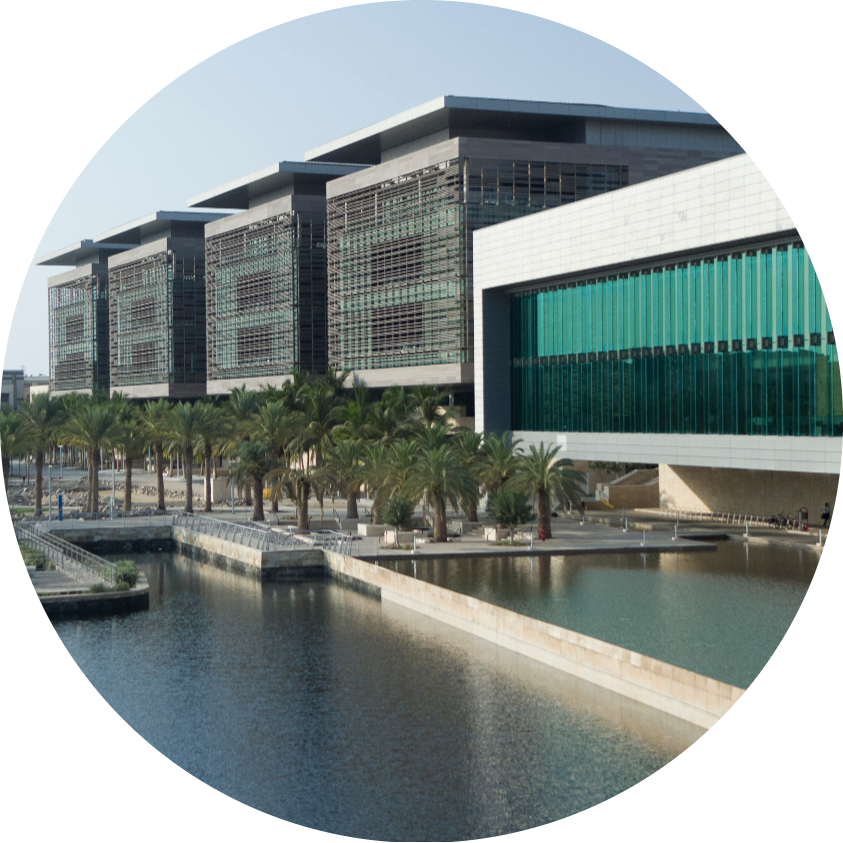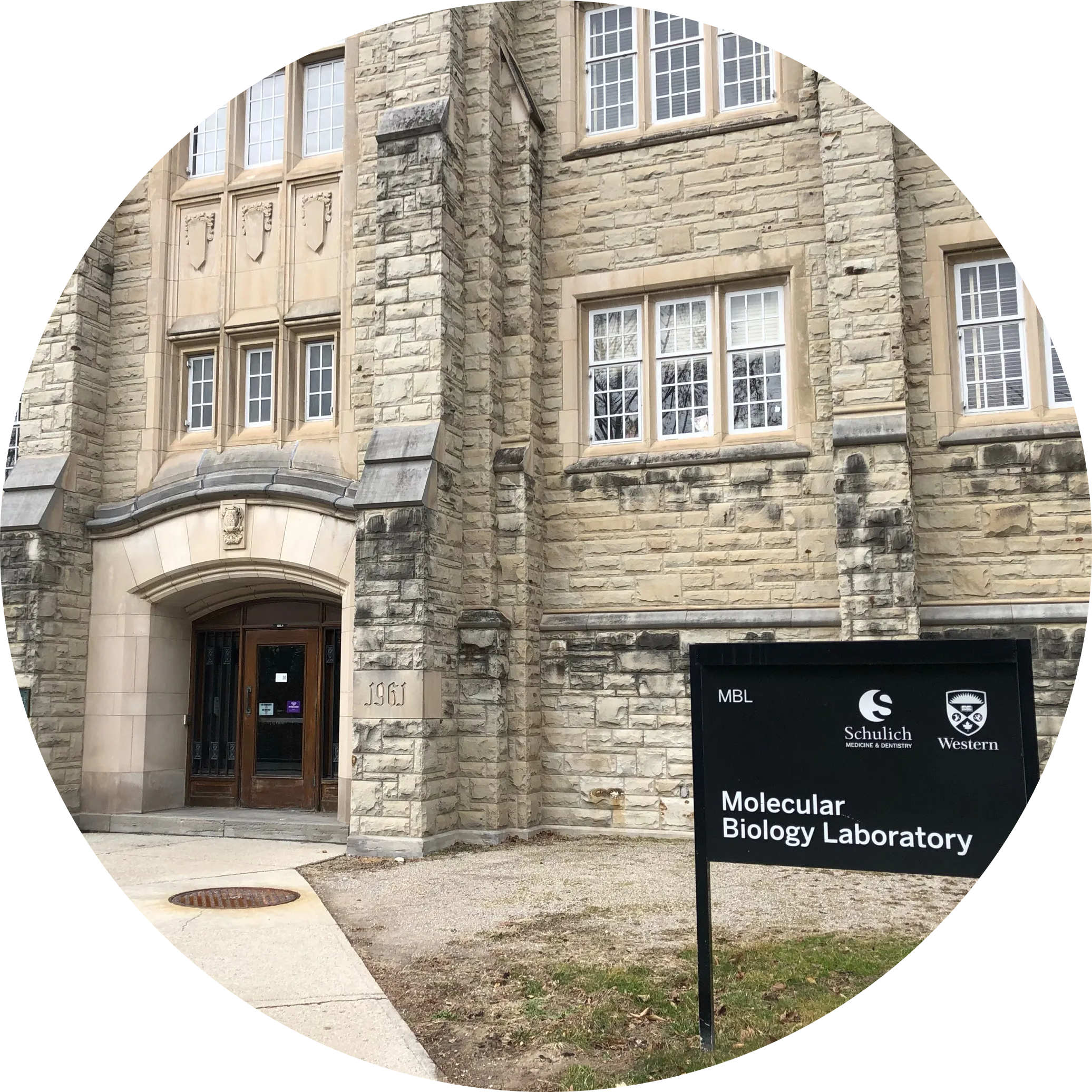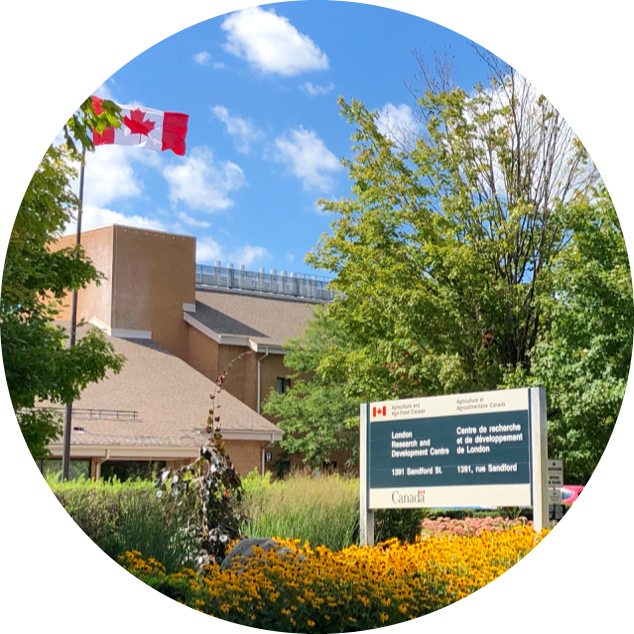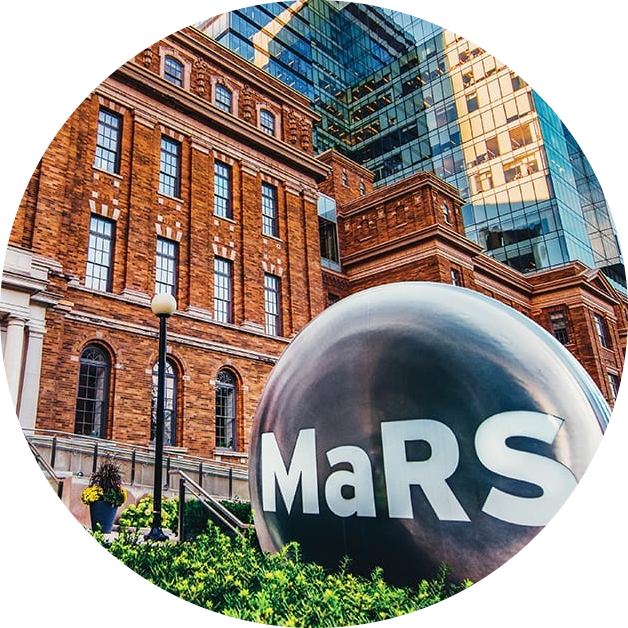About
Learn more about me

Biotechnology Researcher and Technology Specialist
- Birthday: 17 August 1998
- City: Toronto, ON, Canada
- Age: 23
-
Degrees:
•︎
HBSc in Biology
⤴︎ Spec. in Genetics
•︎ MSc in Biochemistry - Email: markpampuch@gmail.com
Biography
I am a biotech researcher specializing in the fields of biochemistry and genetics. My fascination with biology has led to pursue research in the field of synthetic biology, a field which offers a unique opportunity to engineer living systems in a way that can solve some of the world's most pressing problems, such as disease, climate change, and food insecurity. I have gained a deep appreciation for the complexity and beauty of biological systems, as well as the power of genetic engineering to manipulate these systems for our benefit. It is a challenging field that requires a strong foundation in biology, chemistry, and mathematics, as well as the ability to think creatively and critically about complex problems. Throughout my research, I have worked towards increasing nutrient uptake in crops, developing novel antibiotic technologies, and improving DNA delivery methods. A big component of my research has also been in the field of bioinformatics, which lies at the intersection of biology, statistics, and computer science. I have developed numerous applications to answer specific research questions and analyze large amounts of genetic data. In my free time I like to exercise and volunteer in my local community. I am always interested in learning new skills and meeting new people, so feel free to reach out!
Work History
2023 - Present
In my most recent role, I had the privilege of working at the King Abdullah University of Science and Technology (KAUST) in Saudi Arabia. I was invited to work there as a visiting researcher by Dr. Kyle J. Lauersen who I met at a science conference. When I arrived I was immediately captivated by the institution's profound commitment to scientific research and possession of state-of-the-art equipment. I worked in the Sustainable & Synthetic Biotechnology Group, where my work consisted primarily of optimizing high-molecular weight DNA isolation protocols and next generation sequencing analyses of bioprospected organisms with high industrial potential. The funding for the biosciences and the level of computational and automation infrustracture found at KAUST allowed me to perform research at much higher levels than I had previously experienced. This environment did not just facilitate my research; it also equipped me with invaluable skills and dramatically accelerated my growth as a scientist.


2021 - 2023
In a significant chapter of my career, I had the opportunity to pursue synthetic biology research at Western University, within a lab spearheaded by Dr. Bogumil Karas. Initially joining as a research assistant, my love for the pioneering and cutting-edge research ultimately led me to pursue a Master of Science in Biochemistry in the same lab. Working in Dr. Karas's lab allowed me to learn a lot about synthetic biology. I even took upon the challenge of performing are very large-scale data analysis project in addition to my laboratory projects, which was not the domain of expertise within this lab however Dr. Karas was kind enough to let me pursue it and despite not having much experience doing that kind of work beforehand. My expereince in this lab has been extemely beneficial. It honed my critical thinking and problem solving skills and I feel fortified having conquered many challenging problems. It led me to grow tremendously as a researcher, having the ability to blend both wet-lab and dry-lab work together in a way that is very beneficial to the research process and a unique skill.
2019 - 2020
My first exposure to laboratory research came in the form of working at the Agriculture and Agri-Food Canada London Research and Development Centre under the supervision of Dr. Krzysztof Szczyglowski. My research pertained to improving natural interactions with soil microbes and legume crops in an effort to reduce the amount of artificial fertizilers used in modern agriculture and reduce environmental impacts caused by nitrogen found in agricultural runoffs. This work was instrumental in my career because I found a passion for research and would stay into the late hours of the day trying to collect more data to answer the scientific questions I had burning inside of me. I also learned a lot about the importance of collaboration and communication in the scientific community. I was fortunate to have worked in such a great lab with such a great team of scientists. This experience was a turning point in my career as it set me down the path of research and I am grateful for the opportunity to have taken part in it.


2018
My first professional experience came in the form of working at the medical technology company MolecuLight Inc., which was based out of the MaRS Discovery District innovation hub in Toronto. I worked as an intern and was fortunate to have worked with a great team aiming to deliver a product that could make a great impact in the medical field. When I joined the team, the company was in the middle of obtaining FDA approval for their wound-care device. My primary roles were to help process the data from the clinical trial studies and help conduct research on potential customers and competitors. I learned a lot of what it takes it bring new technology out to the market and the trials and tribulations startups face. I left this experience with a lot of insight and perspective of what science looks like in the industrial space.
Achievements
Academic Awards
Publications
In Scholarships
GPA